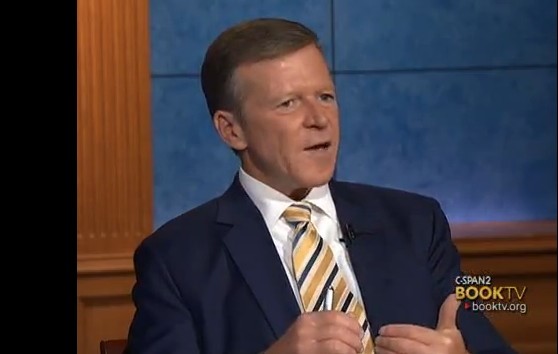First of all I want to thank Michael Lotus and James Bennett for taking the time and energy to write and promote America 3.0. It cannot be underestimated how much work this book took to research, write and publish and these 2 gentlemen (I really only know Mr. Lotus, but I am making assumptions on Mr. Bennett) are very busy individuals who have to earn a living for themselves and their families.
Throughout, they made a giant effort to make the book positive, upbeat and solutions-focused. This approach is radically different than the “conspiracy theory” or “single issue” approach that mars most books of this genre (although there really aren’t a lot of books that spring to mind when I think of likely comparisons). Even though the book would generally be classified as politically on the “right” by the general public, the authors go out of their way to not characterize their opponents as “bad people” and show the fundamental (positive) motivations that drive some of their actions, even if the results ended up being disastrous or misguided.
As a well-informed reader (by the standards of the world at large, if not always by the extremely high standards of Chicago Boyz, and often when I read Trent Telenko’s articles on military history I feel rather ignorant indeed) there were many areas of the book that were very new to me, increasing my interest in the topics that they raised. Given my focus on business, economics, energy, taxation, and military history, I really haven’t thought much at all about the role of the family and how it shaped America’s growth, but that topic was the seminal driver for the book. It felt very true and aligned with my experience, that the nuclear family and the ability of sons and daughters to marry off and “find their own way” contributed greatly to our successful outcomes. In the course of my business and travels I see the facts arrayed differently, and I can also see how individuals that I know from these countries have adjusted (and often embraced) this new, freedom-seeking and independent course of living.
The idea that we can reform our institutions and have the Federal government take over tasks that it logically should hold while devolving other roles to state and local government makes a lot of sense. They also discuss the “great haircut”, a single event to reform our finances across all the institutions simultaneously, as a logical approach, along with new barriers to ensure that it doesn’t re-occur.
I will think about the areas of my expertise and how they can be applied to concepts similar to America 3.0 in the future. There is a lot of de-centralization coming with energy and services and these can be aligned to the capabilities and responsibilities of our citizens, rather than being a top-down phenomenon in the process of disintegrating, which is the current trajectory.
Thanks again to the authors for an excellent book, and they are a credit to this site and what the founders have attempted to portray, which is a positive, forward look at the issues that we face and how we can solve them with political, economic and personal freedoms.
Cross posted at LITGM
.

